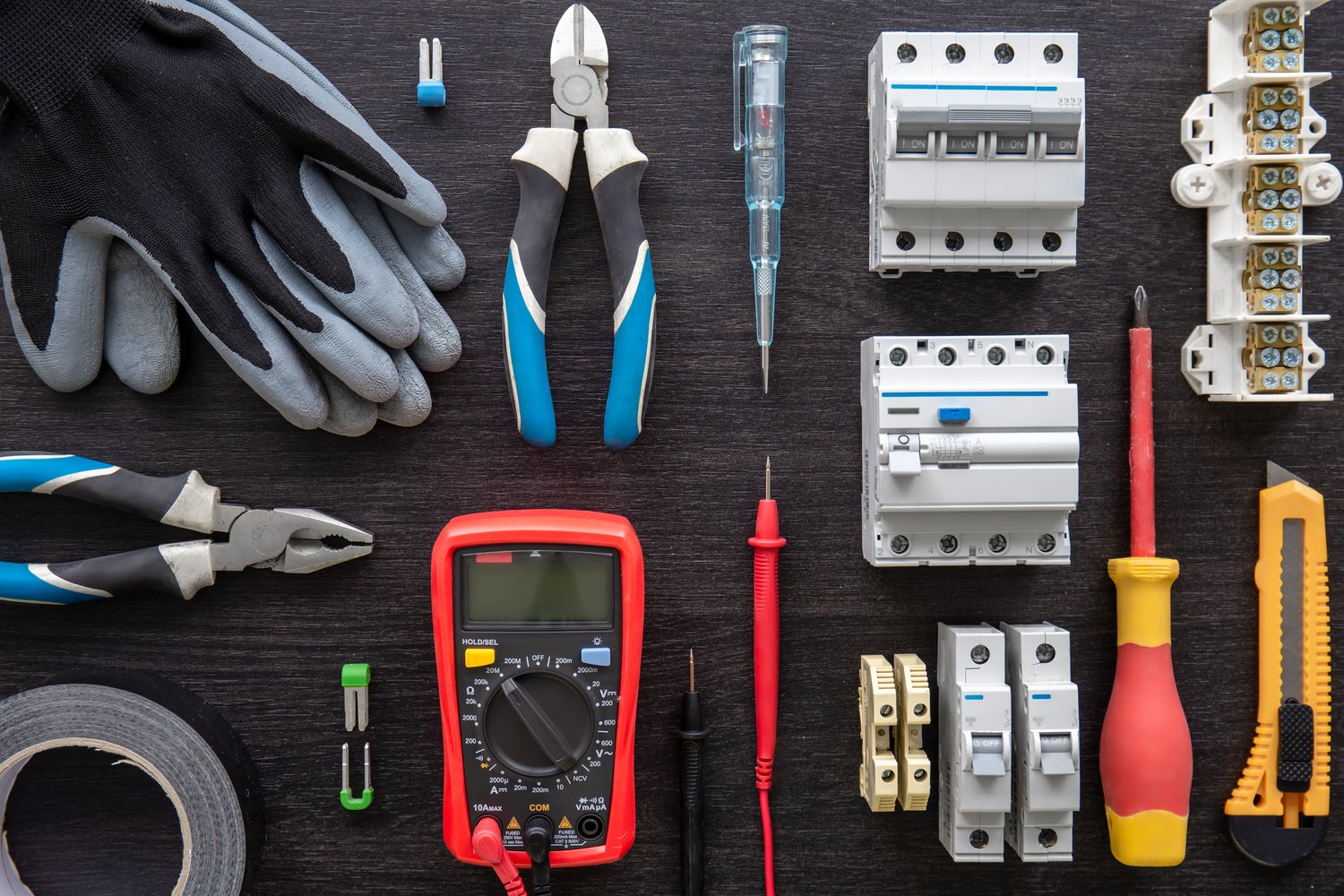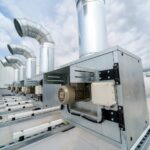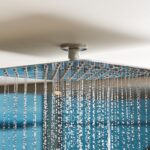Understanding electrical apparatus basics
Electrical apparatus are fundamental components in modern electrical systems. These devices control, distribute, and regulate electrical power. They ensure safety and efficiency in homes and businesses. Electrical apparatus come in various types, each serving specific functions. Some common examples include circuit breakers, switches, and fuses.
The global electrical apparatus market was valued at $118.7 billion in 2020. Experts project it to reach $159.8 billion by 2027. This growth is driven by increasing energy demands and technological advancements. Electrical apparatus https://onninen.pl/en/products/Electrical-apparatus play a crucial role in maintaining electrical system integrity.
Proper selection and installation of electrical apparatus are essential. They protect against electrical hazards such as short circuits and overloads. Regular maintenance of these devices ensures longevity and optimal performance. Professionals recommend annual inspections of electrical systems to identify potential issues.
Understanding the basics of electrical apparatus helps in making informed decisions. It allows for better management of electrical systems in both residential and commercial settings. Knowledge of these devices can lead to improved energy efficiency and reduced operational costs.
Exploring modular apparatus options
Modular apparatus offer flexibility and scalability in electrical systems. These devices are designed for easy installation and replacement. They allow for quick modifications to electrical setups as needs change. Modular apparatus include components like circuit breakers, surge protectors, and timers.
The modularity of these devices provides several advantages. It reduces downtime during maintenance or upgrades. Modular apparatus https://onninen.pl/en/products/Electrical-apparatus/Modular-apparatus also offer space-saving benefits. This is particularly useful in compact electrical panels.
Recent innovations have led to smart modular apparatus. These devices can be remotely monitored and controlled. They provide real-time data on energy consumption and system performance. Such features contribute to more efficient energy management and predictive maintenance.
When selecting modular apparatus, consider factors like compatibility and load requirements. Ensure the chosen devices meet relevant safety standards and regulations. Proper installation by qualified electricians is crucial for optimal performance and safety.
Importance of control and measurement apparatus
Control and measurement apparatus are vital for managing electrical systems. These devices monitor and regulate various electrical parameters. They ensure systems operate within safe and efficient limits. Common examples include voltmeters, ammeters, and power factor meters.
Accurate measurement is crucial for effective energy management. Control and measurement apparatus https://onninen.pl/en/products/Electrical-apparatus/Control-and-measurement-apparatus provide essential data. This information helps in identifying inefficiencies and potential problems in electrical systems.
Modern control and measurement devices offer advanced features. Many can integrate with building management systems. They provide detailed analytics and automated responses to electrical anomalies. This integration enhances overall system efficiency and reliability.
Regular calibration of control and measurement apparatus is essential. It ensures accuracy and compliance with industry standards. Experts recommend calibration at least once a year or as specified by manufacturers. Proper maintenance of these devices contributes to the overall health of electrical systems.
Selecting the right electrical apparatus for your needs
Choosing appropriate electrical apparatus requires careful consideration. Assess your specific requirements and system characteristics. Consider factors such as voltage, current ratings, and environmental conditions. Consult with qualified electricians or electrical engineers for expert advice.
When selecting apparatus, prioritize quality and reliability. Opt for products from reputable manufacturers with proven track records. Look for certifications that indicate compliance with relevant safety standards. These may include UL, CE, or IEC markings.
Consider the long-term costs associated with electrical apparatus. While initial prices are important, factor in energy efficiency and maintenance requirements. High-quality apparatus may have higher upfront costs but can lead to significant savings over time.
Stay informed about technological advancements in electrical apparatus. New technologies often offer improved efficiency and additional features. However, ensure compatibility with existing systems before upgrading. Proper planning can help in future-proofing your electrical infrastructure.
Maintenance tips for optimal performance
Regular maintenance is crucial for the longevity and efficiency of electrical apparatus. Develop a comprehensive maintenance schedule based on manufacturer recommendations. This should include routine inspections, cleaning, and testing of devices.
Keep detailed records of all maintenance activities and apparatus performance. This information aids in identifying trends and potential issues. It also helps in planning for replacements or upgrades when necessary.
Ensure proper training for personnel handling electrical apparatus. This includes operation, basic troubleshooting, and safety procedures. Knowledgeable staff can contribute significantly to the overall reliability of electrical systems.
Consider implementing a predictive maintenance approach. This involves using data from control and measurement devices to anticipate potential failures. Such strategies can reduce downtime and extend the lifespan of electrical apparatus.





